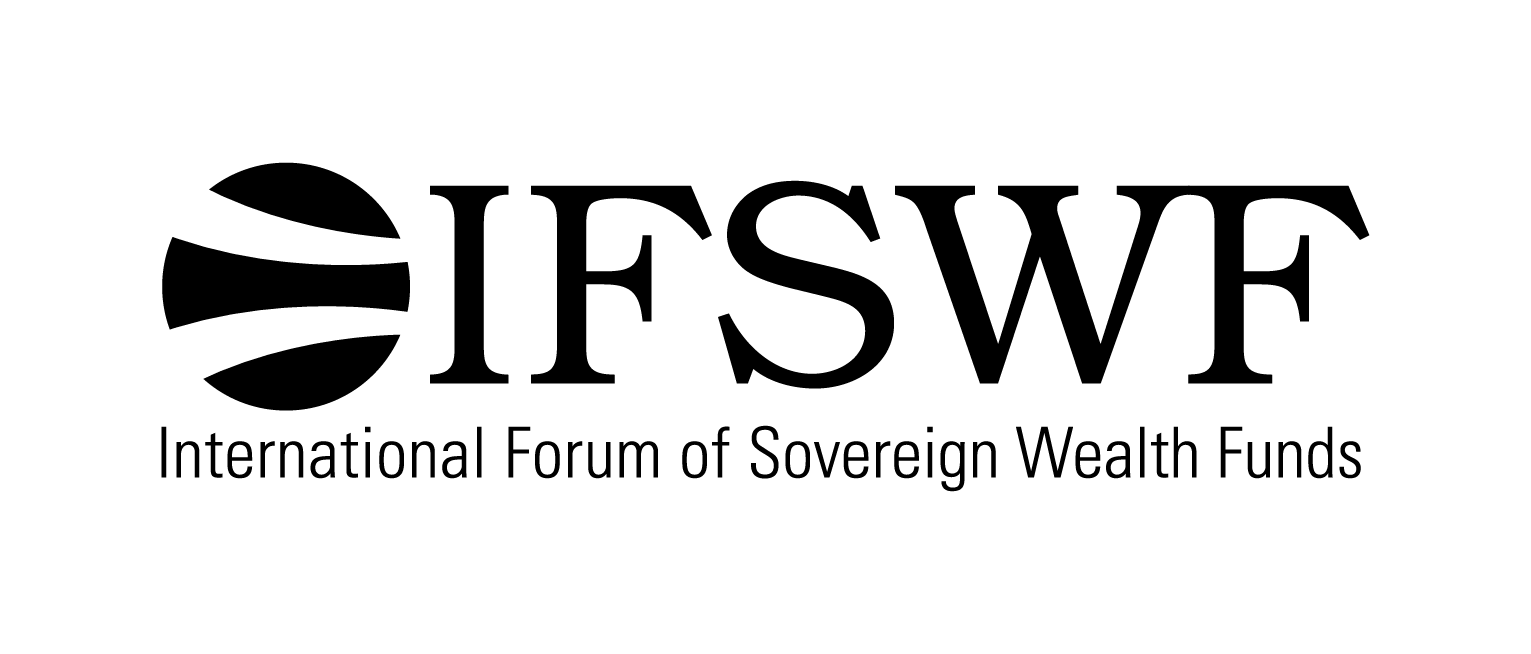|
Speakers |
Martin Skancke, Principles for Responsible Investment |
|
|
Bronwyn King, Tobacco Free Portfolios |
|
|
Mats Andersson, former chief executive, AP4 |
|
|
Mark Burgess, former managing director, Future Fund |
Tobacco’s health implications
Divestment is talked about in the context of several sectors, fossil fuels and palm oil, for example. But the case for divestment from tobacco companies is different. The case was made that unlike all other sectors, tobacco smoking will kill a billion people this century, according to estimates by the World Health Organisation (WHO). There is no safe level of consumption. And, unlike other sectors that may change their practices in response to shareholder pressure, or “engagement”, the tobacco industry cannot: there has never been a successful tobacco engagement, and shareholder pressure has previously been counter-productive. For example, pressure to discourage consumers from smoking high-tar cigarettes led to the development of so-called “light” brands. These were marketed at women and led to more women smoking.
Regulatory risks
Few sectors are experiencing as much regulatory restriction as tobacco. For example, increasing taxation, the introduction of plain packaging as well as restrictions on advertising and visibility in retail outlets are all hitting the industry. Tobacco is also facing major disruption from e-cigarettes, which is undermining its market share in increasingly health conscious developed markets. Consequently, historic returns of tobacco are not going to reflect of the future returns of the industry due to the constraints under which it works.
Finally, there is considerable regulatory risks for sovereign wealth funds investing in tobacco. The WHO Framework Convention on Tobacco Control prohibits governments and their bodies in having any financial interest in tobacco. 168 countries have signed the Convention, and it is legally binding in 180 ratifying countries. Consequently, sovereign wealth funds should comply with the Convention as their government owners are signatories to it.
Not only is tobacco a sector with high regulatory risk, it also has a high litigation risk – for example in 2015 a Quebec judge ordered three major cigarette companies to pay C$15 billion to smokers in the biggest class-action lawsuit ever seen in Canada.
A moral question?
Avoiding investing in tobacco may be a moral question for some investors, whose stakeholders have taken a specific stance on the matter. But for others, it may be a case of not believing in the investment case in the industry. For some investors, it might be a question of fiduciary duty. As a government entity, what is the cost to the government of illness caused by tobacco smoking and should a sovereign fund be supporting this industry?

